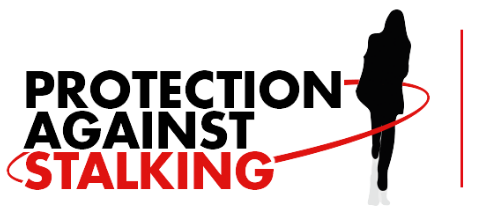protection against stalking & cyber stalking

Stalking is unwanted and/or repeated surveillance by an individual or group toward another person. Stalking behaviors are interrelated to harassment and intimidation and may include following the victim in person or monitoring them. Behaviour which is repeated, persistent, intrusive and causes fear of violence or engenders alarm and distress in the victim. Legislation refers to the types of behaviour which might be considered as stalking;
- sending unwanted communications
- following a victim
- damaging property
- physical assault
Stalking is a criminal offence. You can apply for an injunction against any person who has harassed or stalked you or put you in fear of violence by deliberately causing you distress on two or more occasions
-
catfishing
-
virtually visiting victims via Google Maps Street View
- following victim virtually
-
hijacking webcams
-
looking at geotags to track a person’s location
Cyber stalking is a criminal offence, if the abuser isn’t charged by the police, you can apply for an injunction through a County Court under the PHA 1997 or under the Family Law Act 1996 Part IV
wikipedia, www.protectionagainststalking.org
www.protectionagainststalking.org